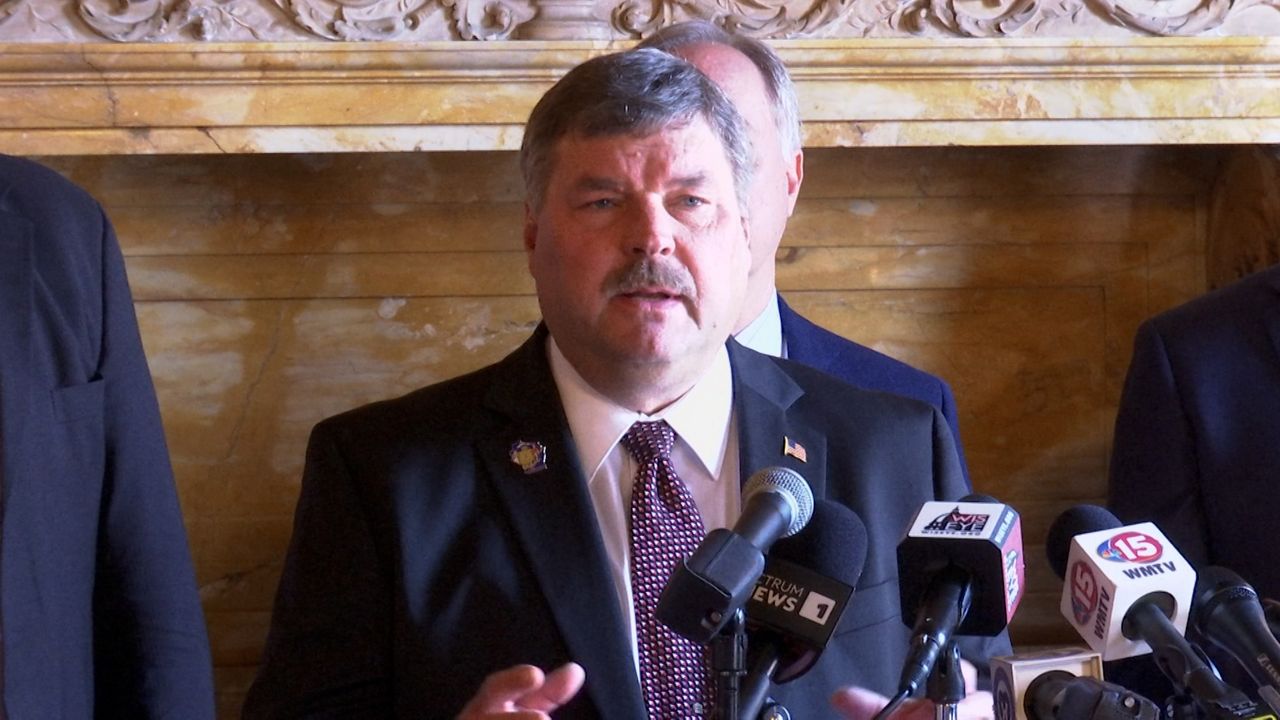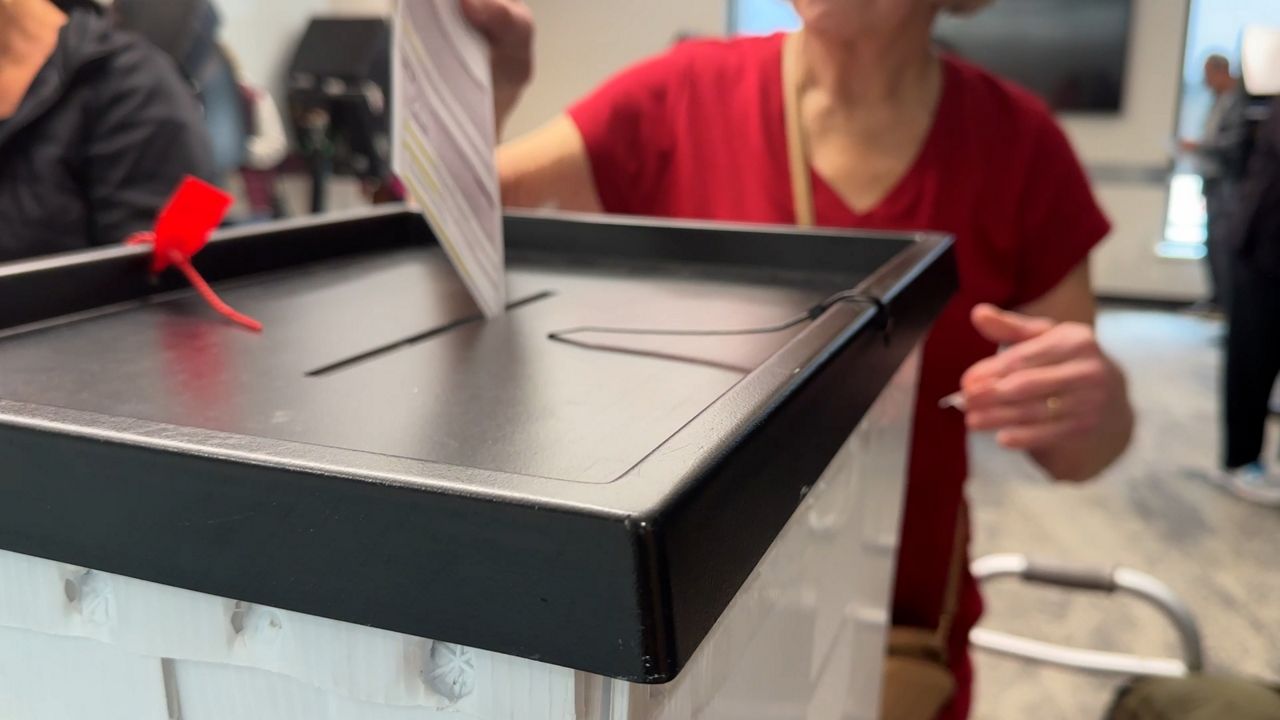MADISON, Wis. — Sweeping changes to how Wisconsin regulates alcohol are one step closer to reality as the state Assembly overwhelmingly passed a bill Wednesday that would update a system largely unchanged since the 1930s.
The long-debated changes have been nearly a decade in the making, and while consumers probably won’t notice much, how alcohol is regulated in the Badger State would impact those who make it, those who wholesale it and those who sell it.
State Rep. Rob Swearingen, R-Rhinelander, a former president of the Tavern League of Wisconsin, who ran his own supper club and bar for almost 30 years, would tell you the state simply has not kept up with the times.
For almost 90 years, Wisconsin has relied on a three-tier system: manufacturers sell to wholesalers who sell to retailers, where you, the consumer, go to buy.
“To get all three tiers together in the same room, and then to have them actually agree on a package of this scale is really momentous,” Swearingen, who chairs the Assembly Committee on State Affairs which approved the legislation along a bipartisan vote, said.
Among the biggest changes in the more than 150-page compromise would be a new division within the state’s Department of Revenue to better enforce Wisconsin’s alcohol laws.
“There’s been a problem within the industry that when somebody in one of the tiers calls the Department of Revenue with a problem or with a question, there’s been sometimes multiple different answers from different people,” Swearingen explained. “We understand that because there really wasn’t anybody that was an expert on Chapter 125 laws.”

Other changes in the bill would allow wineries to stay open longer, similar to craft breweries and distilleries, brew pubs could operate stand-alone retail stores, and a statewide bartending license, called an operator’s permit, would be created to take the workload off local municipalities.
“The signing of this bill will bring an even playing field for restaurants, banquet halls, bars and wedding barns, will now all play by the same set of rules and regulations,” State Rep. Tod Ohnstad, D-Kenosha, who spoke in favor of the bill, said.
While the bill passed 90-4 with broad bipartisan support, most of the vocal opposition came from the wedding barn industry, which faces changes that would require venues to get a permit to host events six times a year or pursue a Class B liquor license. There would, however, be a 16-month grace period for compliance. Both the Wisconsin Farm Bureau Federation and Wisconsin Farmers Union registered in opposition to the bill.
“They have to follow the law. They have to follow the rules,” Assembly Speaker Robin Vos, R-Rochester, told reporters before Wednesday’s vote. “So, if you are serving in a public venue, alcohol, you should have licensed bartenders. You should go through the same liquor license process that a tavern or restaurant goes through.”
Under the bill, establishments in 14 southeastern counties could also stay open two to four hours longer when the Republican National Convention is hosted in Milwaukee next summer.
“It’s a good bill. It’s a compromise bill and like we always say in split government, compromise is good,” State Rep. Christine Sinicki, D-Milwaukee, said. “We don’t get everything we want, but I’m just glad that we’re finally addressing it.”
Kwik Trip, New Glarus Brewing Company, Anheuser-Busch, and Molson Coors Brewing Company were among those in support of the legislation.
The bill has been moved through the process relatively fast as the two-year budget process is nearing a close, and money would need to be set aside for some of the enforcement measures in the legislation.
Three Democrats and one Republican voted against the legislation Wednesday afternoon. The bill now goes to the Senate for approval. If passed in that chamber, Gov. Tony Evers, who was a part of drafting conversations, is expected to sign it into law once it reaches his desk.










